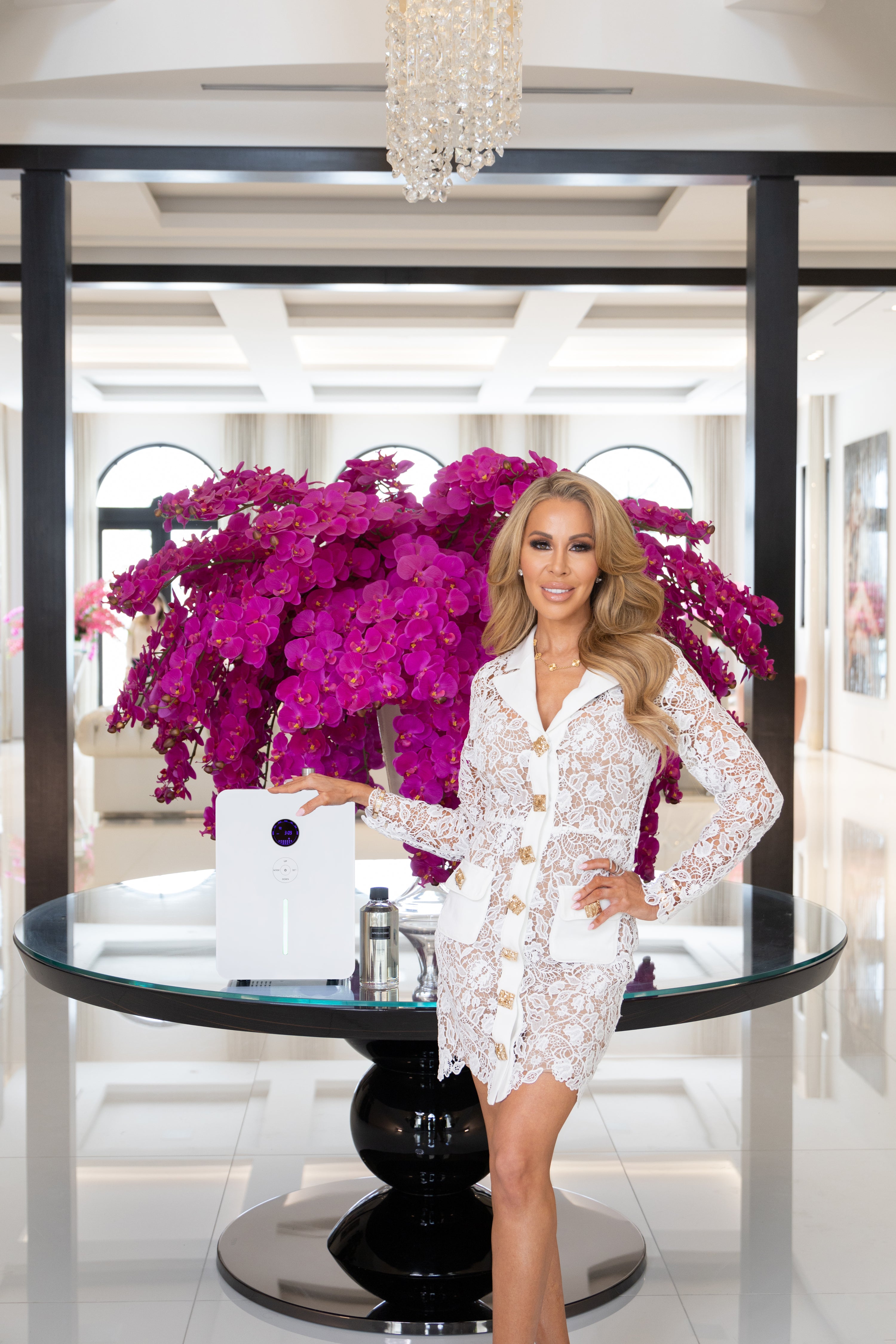
During The Dark Ages (450 AD to 1000 AD) after the fall of Rome, aromatherapy and the use of essential oils was banned by The Catholic Church. The practice of using herbs and essential oils for healing or medicinal purposes moved underground and any person caught possessing these items would be punished by death. The Catholic Church believed that illness was punishment from God and only the practices of “prayer” and “bleeding” would cure sickness. This ban by The Church lasted for centuries.
What we call today perfume was developed in Arabia to help heal injuries during times of war and conflict. These perfumes were introduced to Europe and Western Society from soldiers returning from fighting in The Crusades (1095 -1291 AD).
Besides Arabia, many other cultures began using essential oils as perfumes over time. In fact, in different times in history, essential oils were worth more than gold.
The first alcohol based perfume (or cologne) was developed in 1700 in French Cologne, Germany. It was interestingly named “4711.” Why, you might ask would it be called a number? The answer is really quite simple. 4711 was the house number where the scent was first developed. Good enough reason as any, right?
Which brings us to the modern roots of aromatherapy. What we know today to be aromatherapy was discovered by accident (as most good things are) in the 1920’s by French Chemist Rene Maurice Gattefosse. One day Gattefosse was working in his laboratory and he burned his hand. Having nothing to soothe the burn with, he quickly stuck his hand in a cool vat of lavender that just happened to be in the lab. He was shocked at how rapidly the pain vanished, and then later further shocked at the swift healing time. He coined the word “aromatherapy” to describe his discovery. Thus the science of essential oils and their uses was born.


